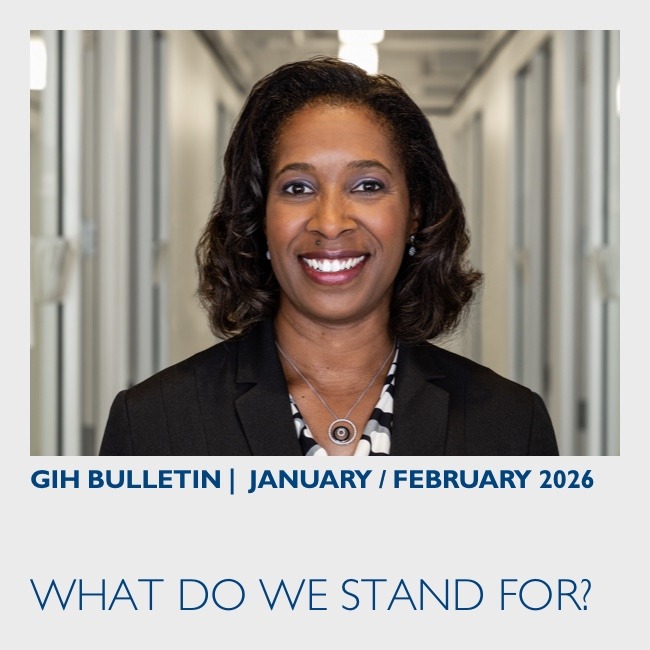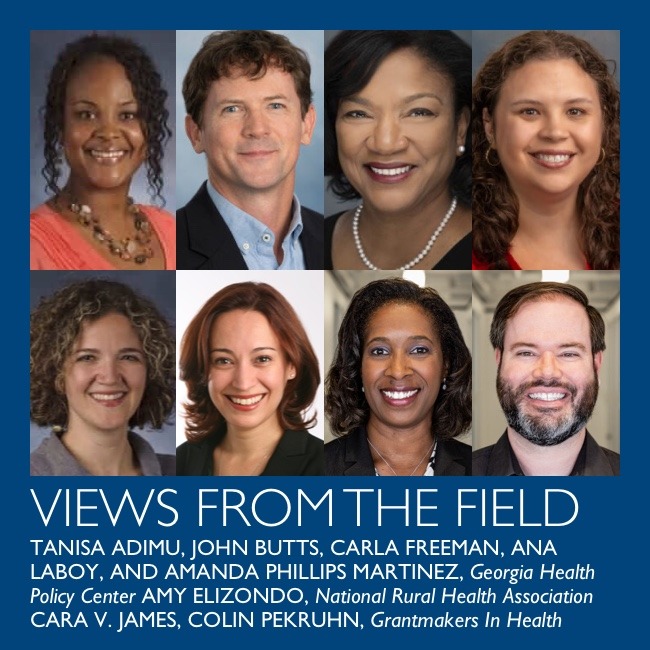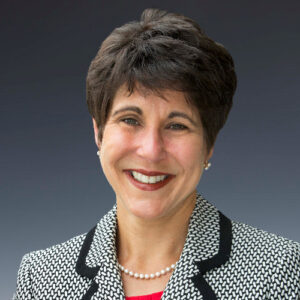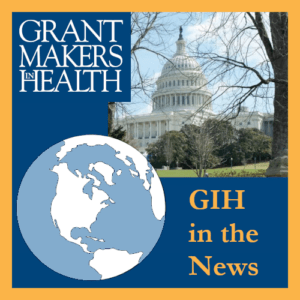Reimagining Rural Health and Well-being
To inform positive change, Grantmakers in Health (GIH) and the National Rural Health Association (NRHA) are partnering to reimagine a unified vision for health and well-being in rural America. The Georgia Health Policy Center (GHPC) was engaged to conduct a landscape analysis and facilitate listening sessions with rural health stakeholders at the local, state, and national levels.
GIH Health Policy Update Newsletter
An Exclusive Resource for Funding Partners
The Health Policy Update is a newsletter produced in collaboration with Leavitt Partnersi and Trust for America’s Health. Drawing on GIH’s policy priorities outlined in our policy agenda and our strategic objective of increasing our policy and advocacy presence, the Health Policy Update provides GIH Funding Partners with a range of federal health policy news.
Grantmakers In Health Announces 2025 Award Winners
Grantmakers In Health is pleased to announce Elizabeth Ripley of the Mat-Su Health Foundation in Alaska, as the 2025 recipient of the Terrance Keenan Leadership Award, and Jane Perkins of the National Health Law Program in Washington, DC, as the 2025 recipient of the Andy Hyman Award for Advocacy.
Elizabeth Ripley of the Mat-Su Health Foundation to Be Honored with the 2025 Terrance Keenan Leadership Award
Elizabeth Ripley, President and Chief Executive Officer of the Mat-Su Health Foundation in Alaska, will receive Grantmakers In Health’s 2025 Terrance Keenan Leadership Award.
Jane Perkins of the National Health Law Program to Be Honored with the Andy Hyman Award for Advocacy
Jane Perkins, Litigation Director of the National Health Law Program (NHeLP) in Washington, DC, will receive Grantmakers In Health’s 2025 Andy Hyman Award for Advocacy.
Standing Together in Perilous Times
GIH urges our Funding Partners and others in our community to join us in signing onto this public statement—we stand a better chance together than if we go it alone.
Philanthropy @ Work – Transitions – April 2025
The latest on transitions from the field.









